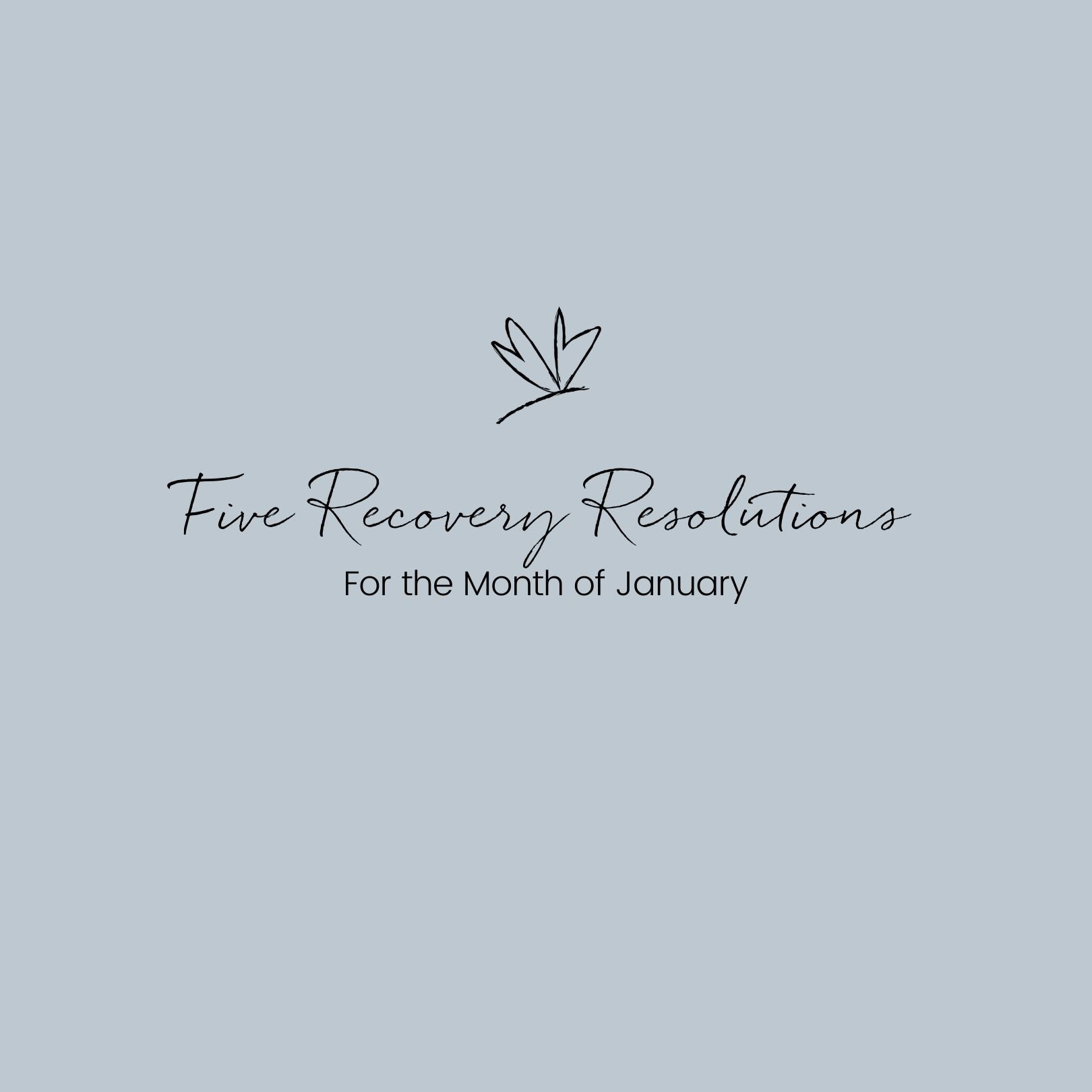Helping Them Heal…(in a more informed way)
Imagine if you were to take your child into hospital this weekend with a sprained ankle, a cough, a rash or a broken arm.
Imagine meeting something of a wall of silence as the medics looked at the problem and said ‘I’m sorry…that’s been just a few hours’ worth of our med training….we can’t deal with that’.
Okay. So I know I’m straining the point, and we all know that would never happen, and that breaks, coughs, rashes and sprains are a regular occurrence – and, in the main, pretty easy to identify and remedy.
But let’s talk eating disorders.
I’d love you to take the time to read a really insightful post, recently captured on the General Medical Council’s website.
It features the experiences of two medical professionals – one a student, and the other a registrar.
Both Ellen Macpherson and Dr Joanna Moore point to the startling reality around the lack of knowledge and awareness about eating disorders among A&E staff.
Ellen talks candidly about having had just six hours medical school training in eating disorders – compared with significantly more teaching on the topic of schizophrenia (something which affects a far smaller proportion of potential patients).
Dr Moore then details her own personal experiences, which include the fact that she had no specific training on eating disorders during her undergraduate education.
She, like Ellen, emphasises that the education and training of medics is absolutely vital, if we are to improve treatment pathways and improve patient experiences.
We all know that early intervention is crucial, so it really is so important that whether a patient is seen in A&E, a GP’s surgery or by a health practitioner for an apparently ‘non eating disorder matter’ (I presented many a time to physiotherapists with fractured metatarsals from over-running and under-eating), all of these professionals have the best chance of recognising what’s happening, and helping the individual find the right care pathway.
Rest assured, this post is about me highlighting the need for more education among doctors, nurses, and the thousands of medical professionals who so desperately want to make lives better – often in short time windows.
This is not about blame or pointing fingers.
It’s about saying that we need change, and we need an understanding of how very important that learning piece is.
Some two years have passed since the Parliamentary and Health Service Ombudsman ‘Ignoring the Alarms’ Report. This highlighted the failures of NHS eating disorder services and the need for change.
My unrelenting desire is to see a major change in the way treatment is delivered throughout the health service, but part of that is giving the medics the education and tools they need to support the population of patients who need them.
They’ve only learned how to deal with the sprained ankles, the rashes and the broken limbs because we educate them.
So let’s raise the game on that education.
I’m passionate about this to such an extent that my social enterprise Wednesday’s Child is now working really hard on its delivery of tailored awareness and education courses for GP’s, nurse practitioners, therapists…and dentists too.
If we can help you, someone you work with, or a person you feel needs better education in spotting signs and aiding someone’s recovery, then please, get in touch.
In the meantime, do take a read of the blog I refer to, here: https://gmcuk.wordpress.com/2019/07/16/mind-matters-why-medical-students-must-be-taught-about-eating-disorders/
For information on eating disorders training and education, specifically for doctors, medics and therapists, email hello@wedndesdayschild.co.uk
- Jul 2019





